Even though the open heart surgery is a very serious operation, it has been performed now for many years with extremely successful results and very little complications.
In most cases in which complications do occur, they are usually temporary and easily treated by doctors.
Some minor complications that can result from open heart surgery include nausea and vomiting, minor infections, bleeding and bruising, abnormally painful scar formations, allergic skin reactions to tape or dressings, and numbness of the skin.
There are major complications that can occur, however, they are uncommon. The most important thing that can play a role in what kind of complications will occur is the general health of the person that has been operated on. The healthier the person is generally, the less likely complications are after the surgery.
Patients that have severe heart disease, diabetes or lung and kidney disease often have a higher chance of developing complications from the open heart surgery.
Some of the Complications From the Open Heart Surgery
Some of the most common and more serious complications include the risk of a stroke, heart attack, graft failure, serious bleeding and even death in some cases.
Heart and lung problems may also occur, including irregular heart beats, pneumonia or total lung and heart failure in some cases.
- Preoperative factors include genetics, age, family history of pulmonary disease, smoking, coexisting disease, etc.
- Perioperative factors include surgical procedures like sternotomy incision, cardioplegia, and internal mammary artery harvesting; anaesthesia procedure effects like pulmonary collapse, maintenance drugs and morphine administration; and cardiopulmonary bypass pump by systemic inflammatory response syndromes.
- And finally, postoperative factors, especially mediastinitis and the role of nursing in the intensive care unit.
- Pulmonary complications after cardiac surgery include atelectasis, pleural effusions, pneumonia, pulmonary oedema, cardiogenic pulmonary oedema, acute respiratory distress syndrome, pulmonary embolism, phrenic nerve injury, pneumothorax, sternal wound infection, and mediastinitis, with different outbreaks in patients reported.
- As stated, pulmonary complications are an unavoidable complication following coronary artery bypass grafting surgery. Various studies have shown a different outbreak in patients ranging from 3 to more than 50%. However, the occurrence of pulmonary complications following cardiopulmonary bypass surgery is a multivariate outcome that should be studied according to the preoperative, perioperative and postoperative.
Kidney failure, allergic reactions to prescribed medication, nerve damage and the transmission of diseases through blood products are more rare, but still possible.
Complications Statistics
On average, three out of 100 people who go through open heart surgery end up dying as a result of complications. Again, the risk involved in the surgery mostly depends on the general health of the patient going into the operation. Those that are very unhealthy in several aspects of their health will run a higher risking of developing serious complications.
It is important that a doctor informs a patient of all of the risks before continuing with the procedure. Infections are always possible, no matter how developed and modern the procedure has become.
How to Treat the Infection
Treatments for infections depend on the type of infection and its severity, of course, as well as the location of the infection. They can range from very minor skin infections that are treated with antibiotics to more serious infections that will probably require hospitalization.
Major infections most commonly occur in the breastbone or within the chest cavity. Such problems require a new surgery in which the breastbone must be removed, and this is a very risky operation that can sometimes end in death.
Bleeding will always occur after open heart surgery. Sometimes, when the bleeding is very substantial and serious, another operation can be done to repair broken blood vessels.


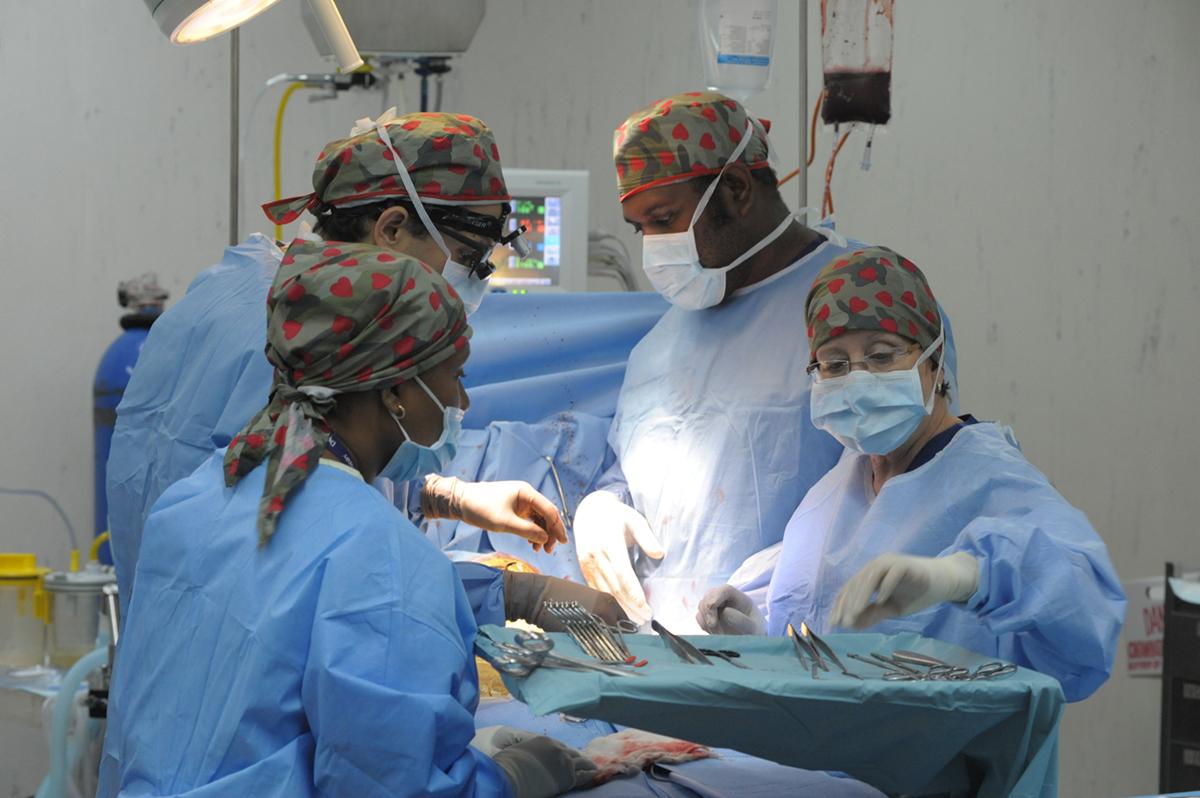

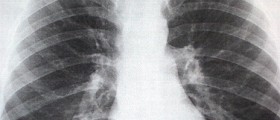


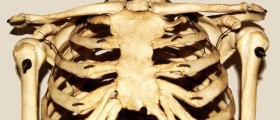

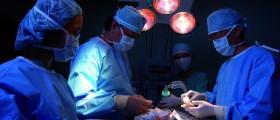

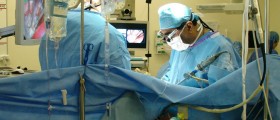
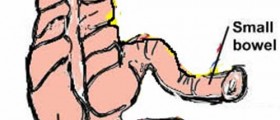




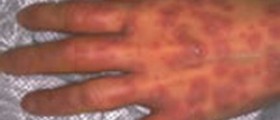
Your thoughts on this
Loading...